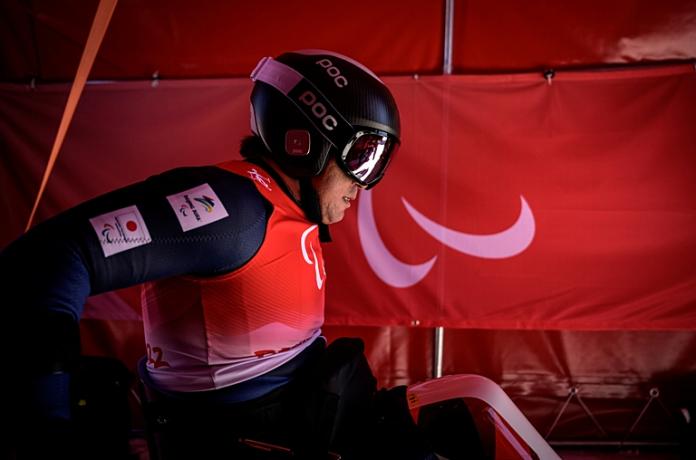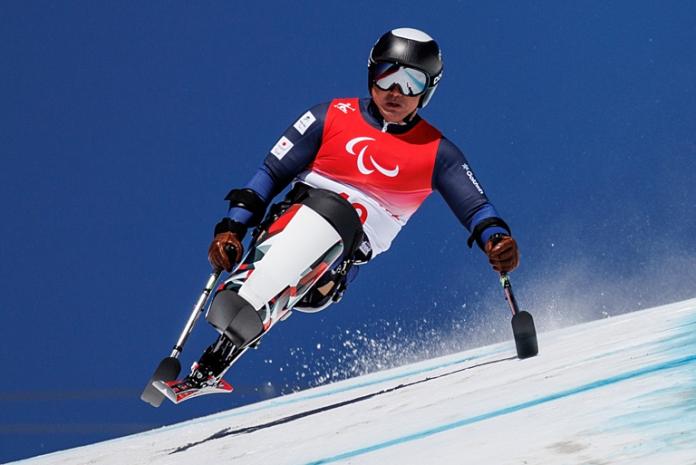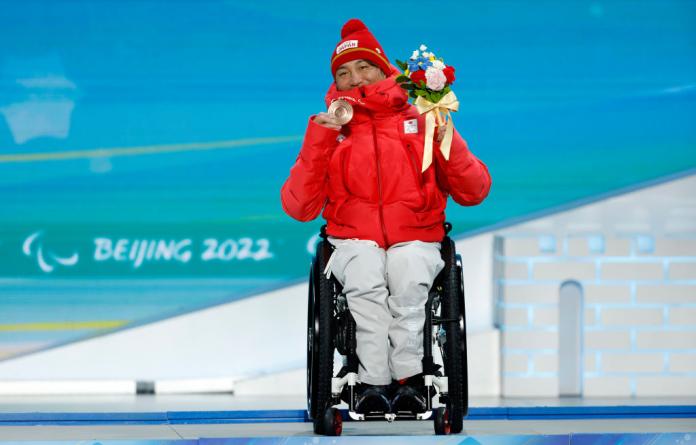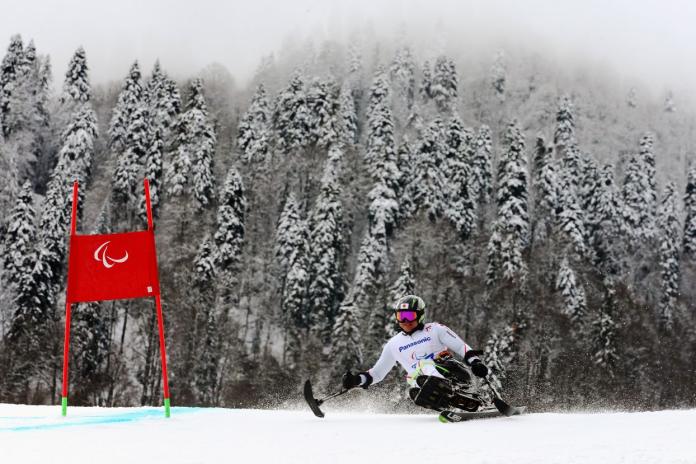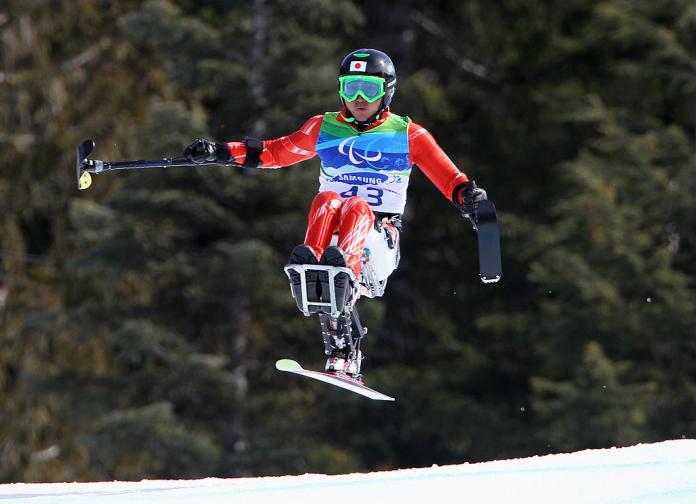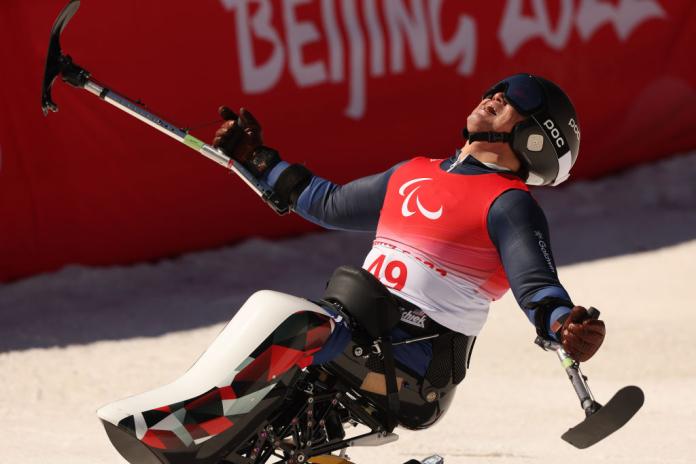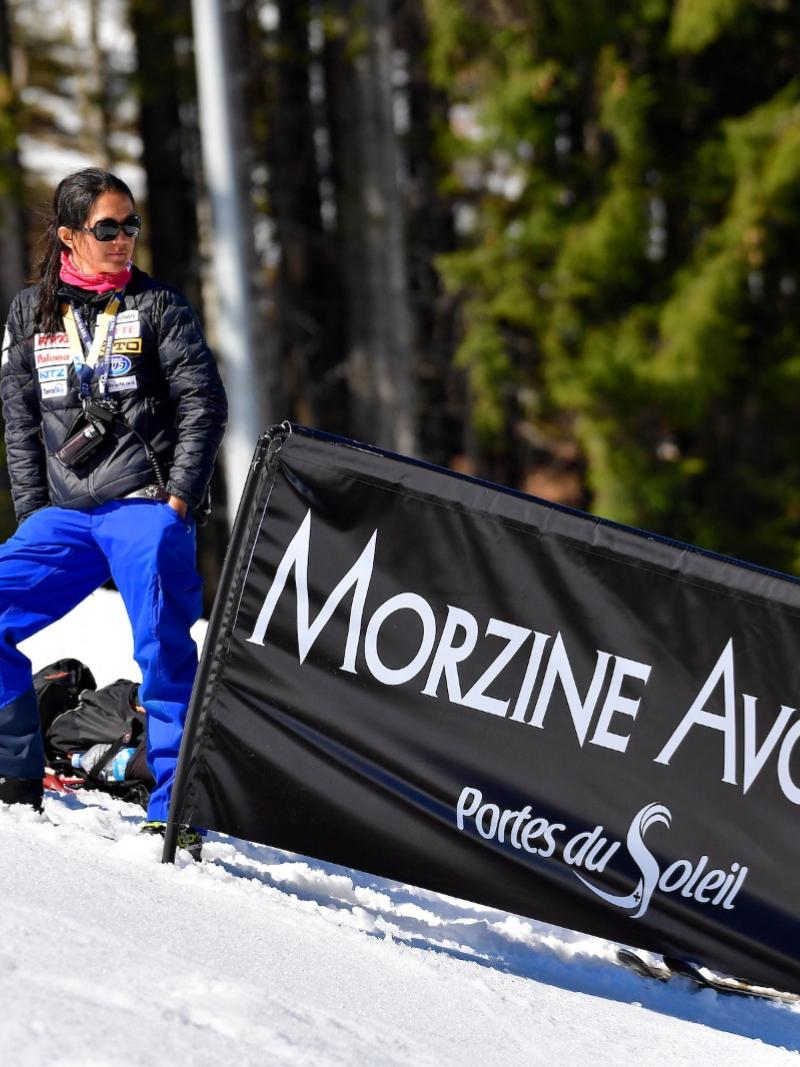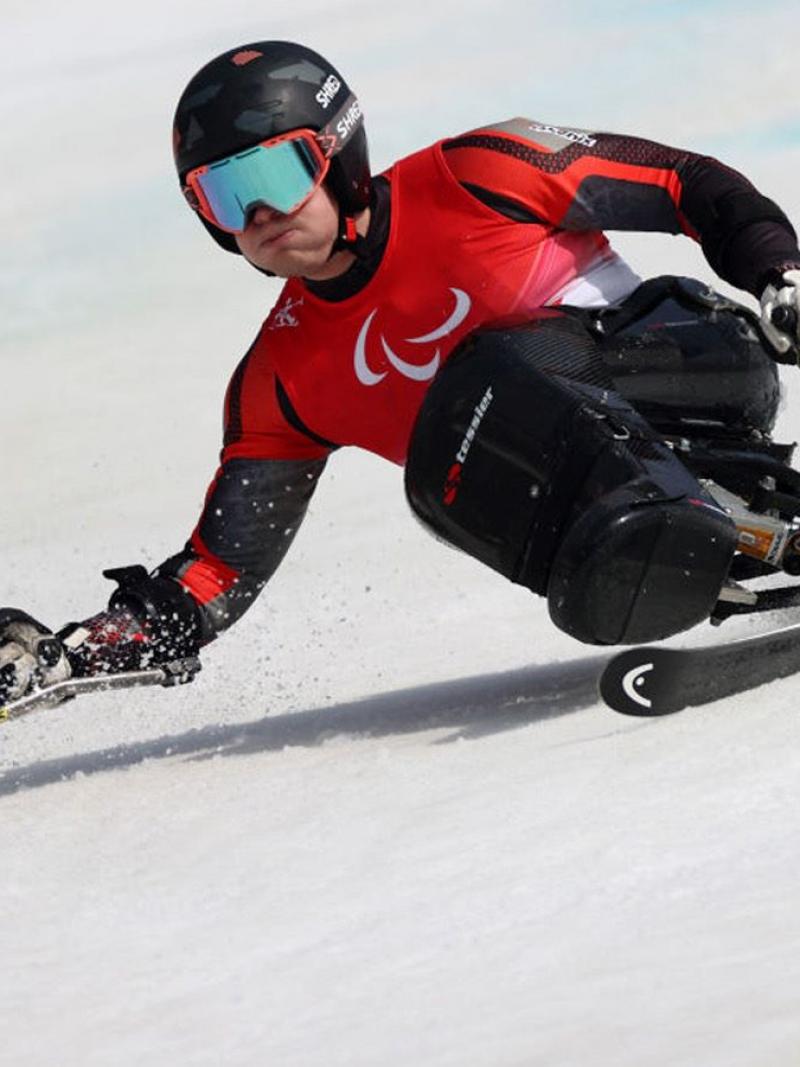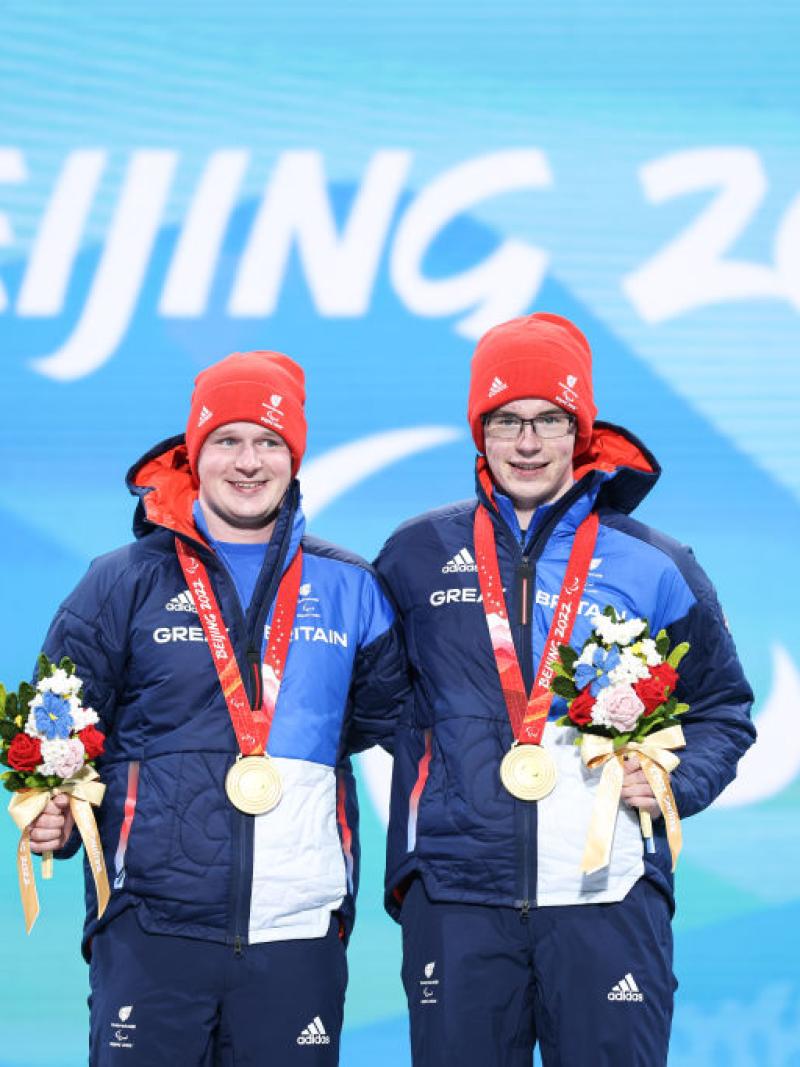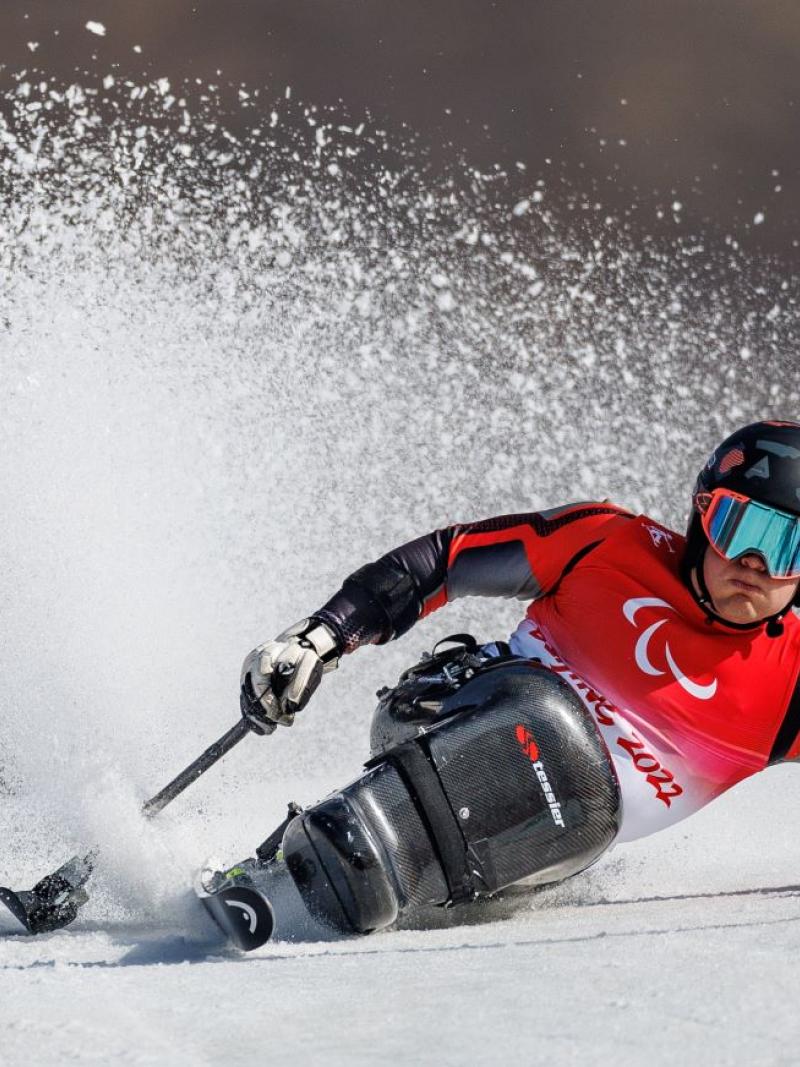Japan's Para alpine skier Taiki Morii eyes storybook finish at Milano Cortina 2026
Two decades after winning his first Paralympic medal at Torino 2006, Japan’s Taiki Morii wants to return to Italy to win a medal of the 'most beautiful colour' at Milano Cortina 2026 16 Jun 2025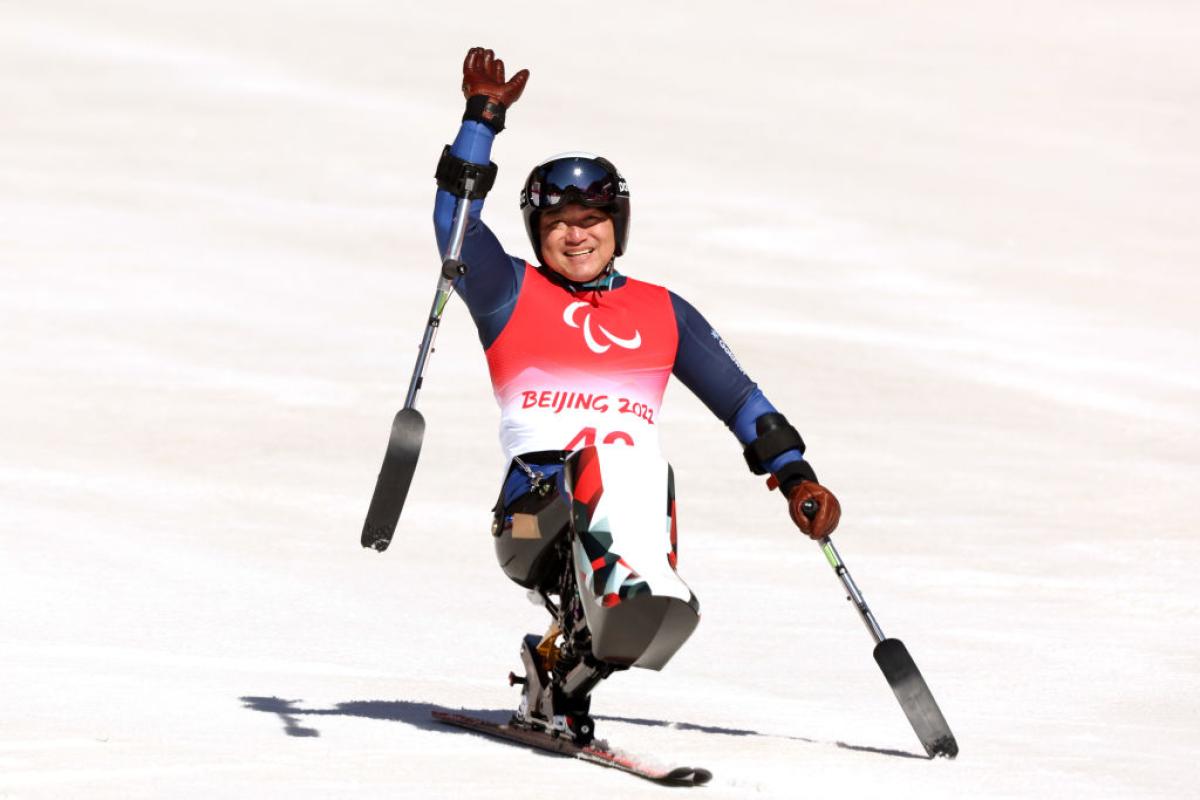
Japan’s Taiki Morii says competing at the Milano Cortina 2026 Paralympic Winter Games will be a full circle for him. Twenty years after winning his first Paralympic medal at Torino 2006, the Para alpine skier is hoping to have his “happy ending” when the Games return to Italy next year.
Morii, who will turn 45 years old in July, has earned medals in Para alpine skiing at every edition of the Games since Torino 2006, including two bronze medals at Beijing 2022, often finishing ahead of athletes who are younger than him.
But he says there is still something missing from his medal collection.
“I’ve never won a gold medal at a Paralympic Games. My dream in Para alpine skiing is to win gold,” said Morii, a seven-time Paralympic medallist. “The first time I got a Paralympic medal was at Torino 2006. It all started in Italy, and I am thinking about ending it in Italy.
“The Milano Cortina 2026 Games hold a special place in my heart. I’m considering drawing a line in my competitive career, and I want to finish with a happy ending. To make that happen, I want to bring home a medal of the most beautiful colour.”
How it all started
Morii, who started skiing when he was three years old, was training to compete at a national high school tournament before he injured his spinal cord in a motorcycle accident just before his 17th birthday.
It was in the hospital that he discovered the Paralympic Winter Games, which were taking place in Japan when Morii was recovering from the accident.
“I watched the Nagano 1998 Paralympics from the hospital room and then I thought, ‘This is something for me,’” he recalled. “To be honest, I was surprised. I saw athletes with spinal cord injuries like me, smiling and laughing. They were smiling and competing, and this was a huge surprise to me.”
“At that time, I was in despair. It was right after my injury, and I didn’t imagine that I could ever laugh again. But I saw athletes smiling – they were smiling so much that you could see the back of their teeth.
“I thought I would be able to laugh again if I started sports. From the hospital bed, I decided that I would take up sit-skiing.”
Lessons from the slopes
At Nagano 1998, Japan bagged 41 medals, the most medals that the country has earned since making its Paralympic Winter Games debut at Innsbruck 1988.
But when Morii made his debut four years later, he realised that the Paralympics are not just about smiles. He finished sixth in the men’s slalom and eighth in the giant slalom LW11 events.
Morii travelled to Salt Lake City in a search of the spotlight, but instead, he says it was a reality check. Even before he took to the start gate, he recalls being shocked at seeing other athletes in the changing rooms.
“I couldn’t tell from left to right at my first Paralympics and there is only frustration when I look back at the results,” he said. “I was too confident, I thought I would do well if I was one of the best in Japan. But I ended up facing reality. I realised how good athletes from around the world were.”
The four years after that was about catching up with the world and becoming one of the top athletes in the sport. He reached his first podium at Torino 2006, finishing behind Germany’s Martin Braxenthaler in the men’s giant slalom sitting race. Since then he has earned four silver and three bronze medals.
Freedom on the snow
Despite a career that spans over two decades, including six Games, Morii says his key to success is quite simple.
“You just need to loosen a few screws in your brain,” Morii joked. “No, I’m just kidding. It’s simple – it’s the basics that are the most important. If you have the basic technique, you will always be able to stick to a plan and there will be no surprises.”
And the sport never gets old.
“Compared to other sports, (Para alpine skiing) is a sport that has no barriers between athletes without disabilities and athletes with disabilities. We ski on the same course, and we can talk about techniques and times in the same way.
“When I am skiing, I feel free the most, and I don’t notice my disability. That is the best part about sit-skiing.”
Looking ahead to Milano Cortina 2026
At the Maribor 2025 Para Alpine World Ski Championships in February 2025, he finished fourth in the men’s giant slalom sitting category in his competitive return from a shoulder blade injury he sustained late last year.
He is looking for a ‘happy ending’ at the Milano Cortina 2026 Paralympics, which take place from 6-15 March 2026. Up to 190 Para alpine skiers will race for glory in 30 medal events at the Tofane Alpine Skiing Centre.
But what does Morii mean when he says he wants to “draw the line” in his career? Is he thinking about retiring from competition?
The answer is no.
“What I mean is I want to stop competing in top-tier competitions like the Paralympics and World Cups, but I want to continue competing in lower tier competitions because I love racing.
“I’m not interested in becoming a coach. Instead, I want young athletes to learn by skiing with me or feel something when they see me race. I am going to continue skiing as long as my body moves.”
The Japanese legend says there is still a chance that he will compete at French Alps 2030.
“I’ve been telling people that I’ll compete in 2030 if nobody is faster than me. I’ll still compete in races in Japan and I’m telling younger athletes that I’ll continue if they’re not faster than me by 2028 or so,” he said with a smile.
“I want the younger generation to be so fast that returning to the Paralympics won’t even cross my mind. I want to do everything I can to help them improve and I will teach them whatever technique or ways to improve. I want them to ask me anytime.”
Creating a legacy
As he trains for the podium at a gym he built in his Tokyo home, he thinks about the future and how far the Paralympic Movement has come since he took up the sport after Nagano 1998.
“I think alpine skiing made me who I am today,” he said. “I took up the sport at a time when there were still discussions whether the Paralympics were part of a rehab or elite competition. I am so happy that people in Japan see the Paralympics as top competition and I am happy that I was able to witness this change as an athlete.
“I want to help the sport grow more and help raise athletes who are faster than me in Japan and even help develop equipment or raise the popularity of the sport.”
Secure your tickets for the Milano Cortina 2026 Paralympic Winter Games
Milano Cortina 2026, which takes place from 6-15 March 2026, is set to be the most beautiful Paralympic Winter Games yet. Ticket prices start at EUR 10 for children under 14, with approximately 89 per cent of the tickets available for EUR 35 or less.
For more information, please visit tickets.milanocortina2026.org





